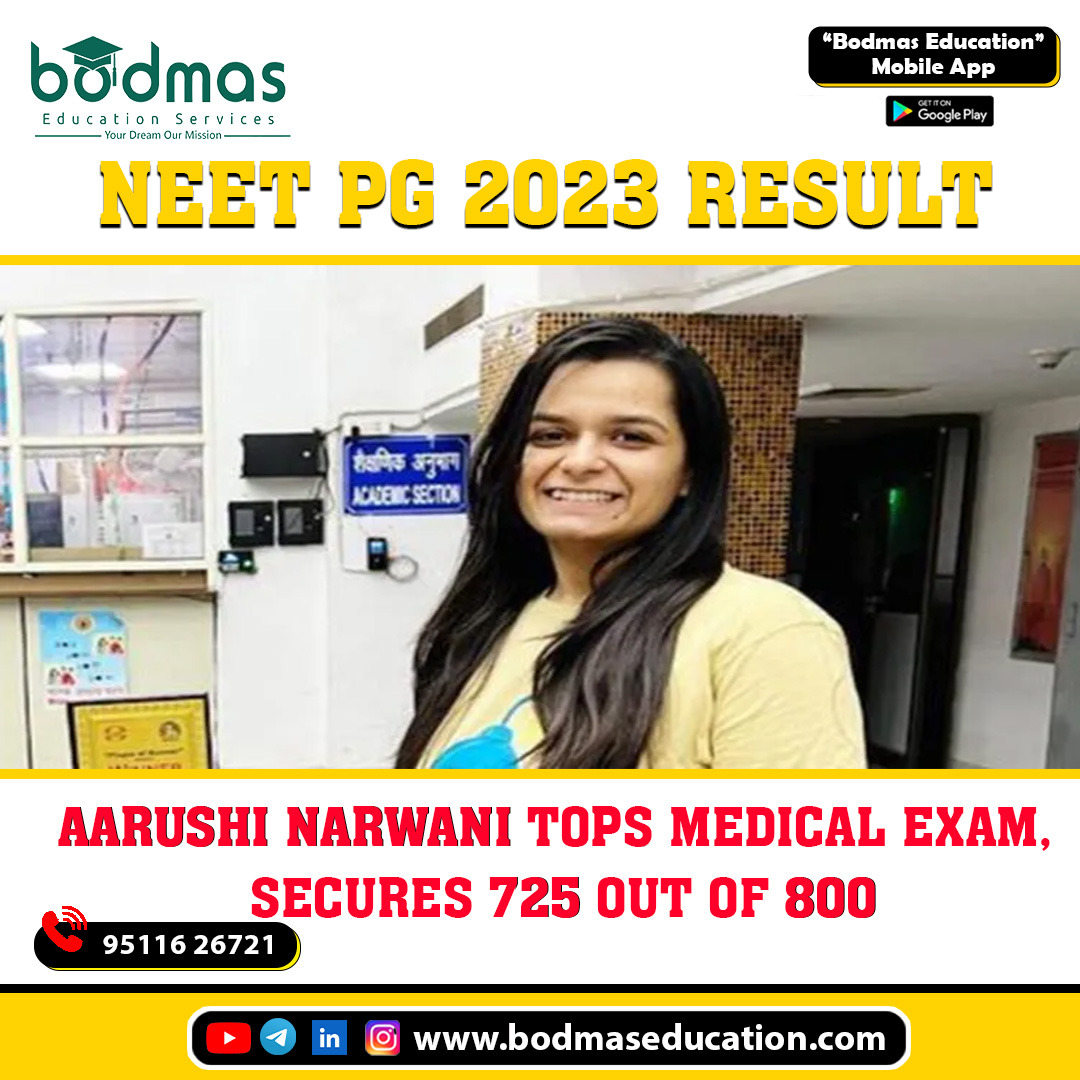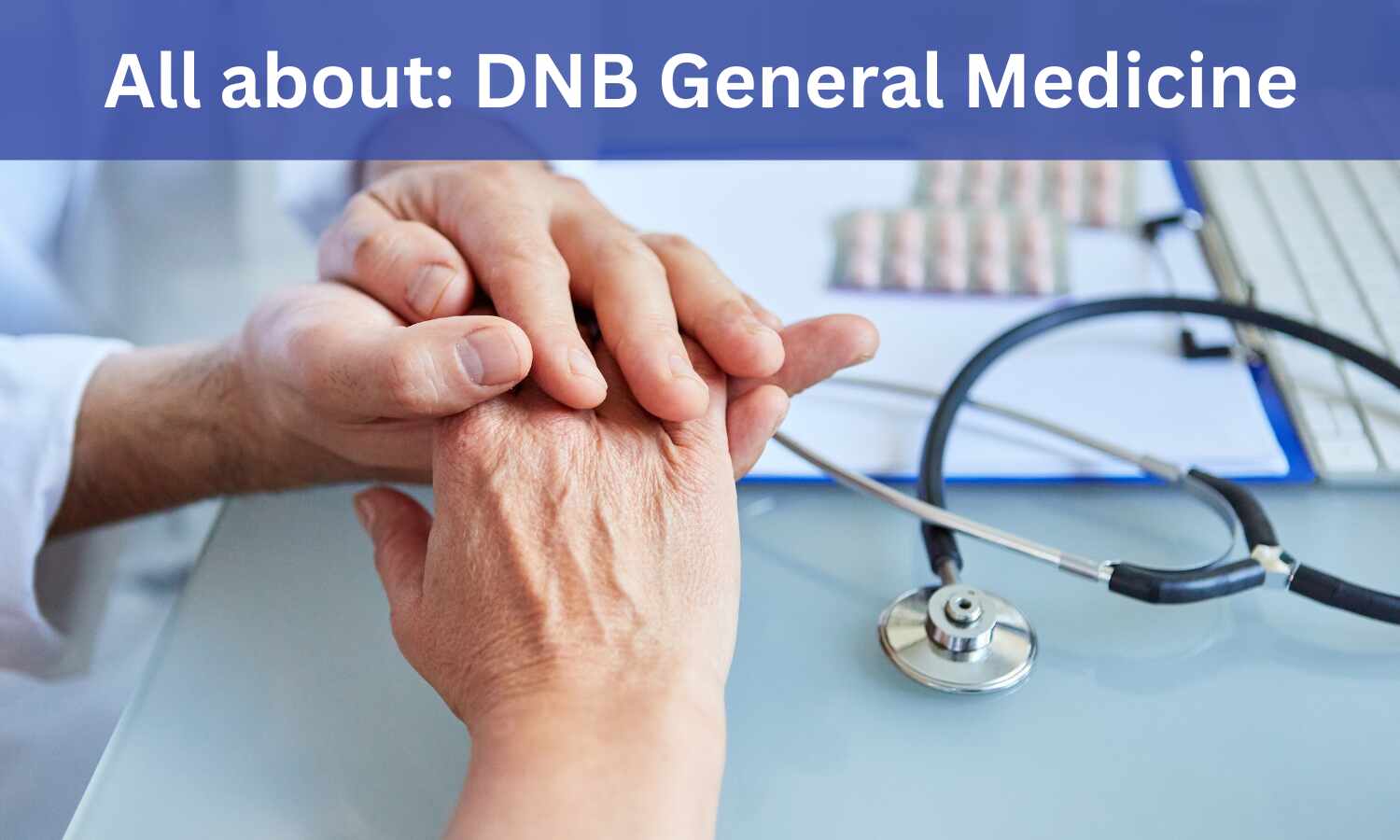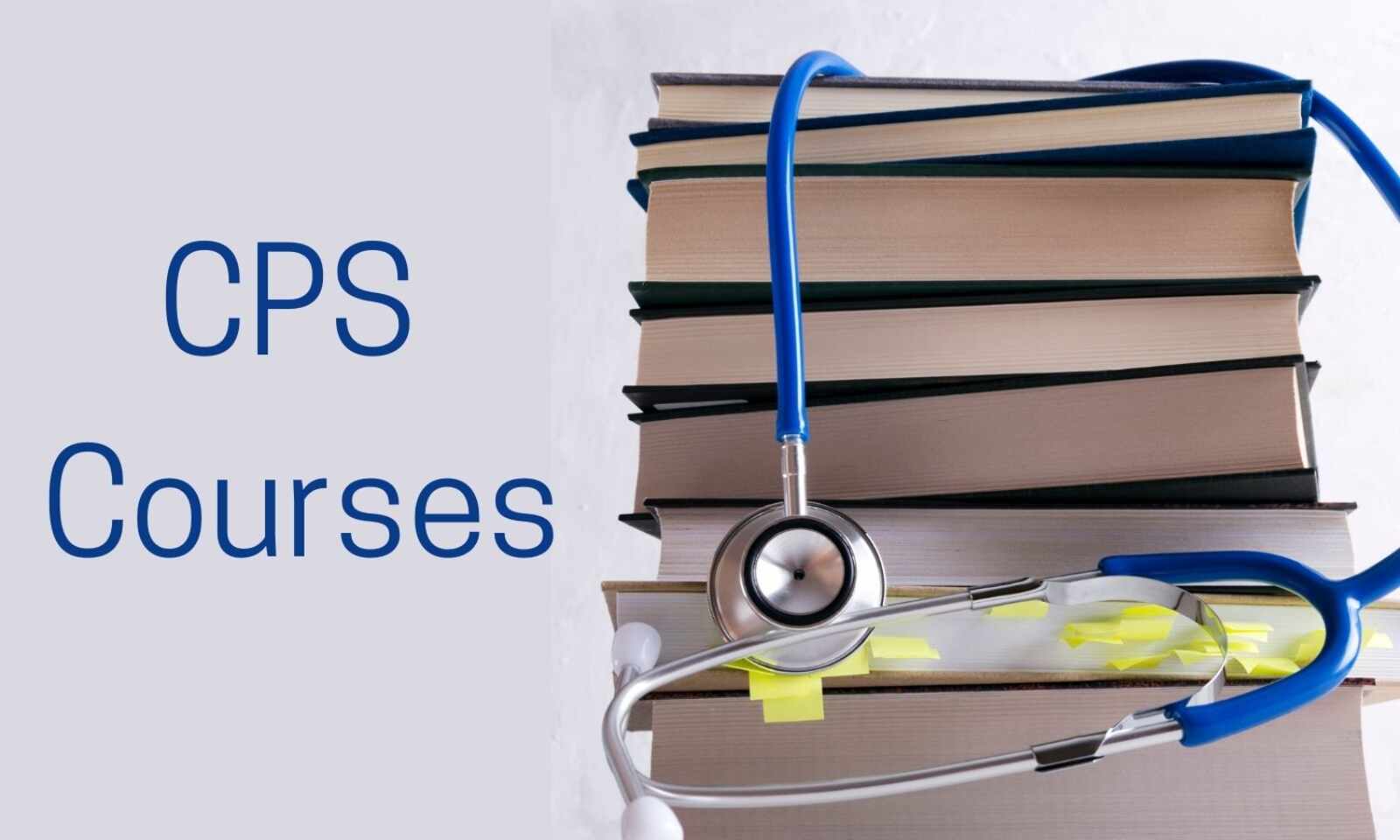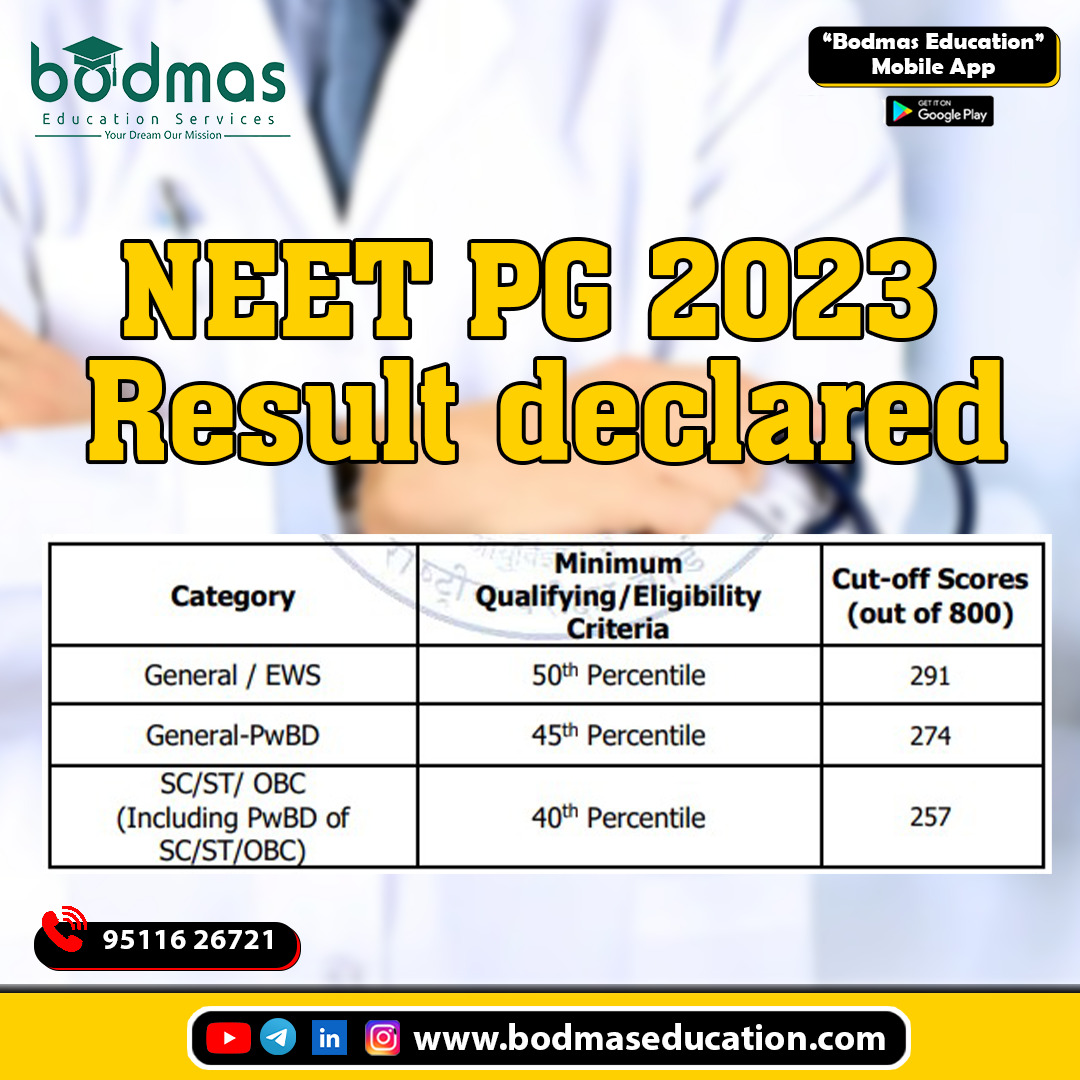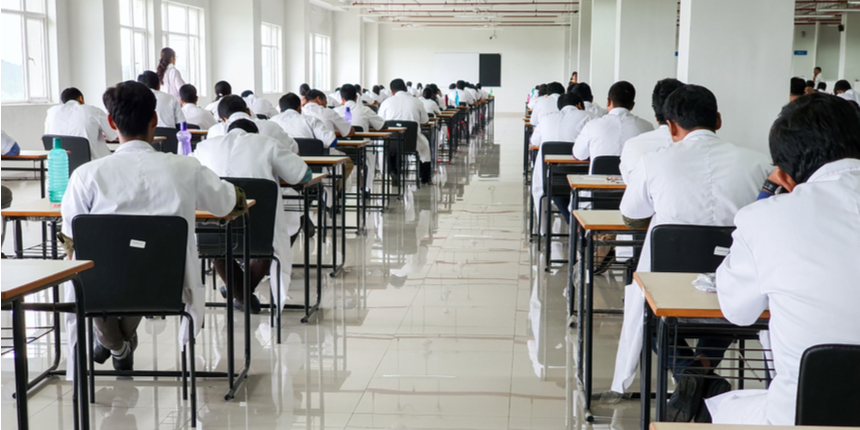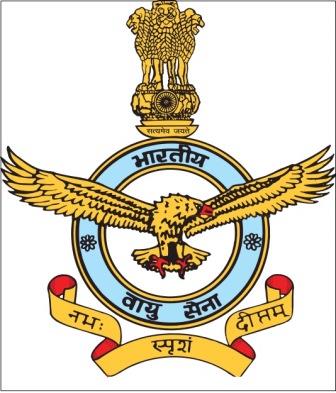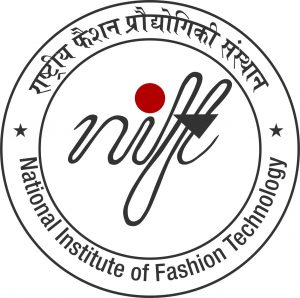Complete Guide to DNB Cardiac Anesthesia Admissions: Medical Colleges, Fees, and Eligibility Criteria
About DNB Cardiac Anaesthesia, also referred to as Doctorate of National Board in Cardiac Anaesthesia, is a specialized program offered to doctors in India who have completed their postgraduate medical degree. The course spans over 3 years and focuses on providing comprehensive care to adult and pediatric patients undergoing cardiothoracic surgery and related invasive procedures, including preoperative, intraoperative, and postoperative care.
It is a full-time program offered at accredited institutes and hospitals throughout India, including reputable institutions such as Sir Gangaram Hospital in New Delhi and National Heart Institute in New Delhi. The admission process for this course involves taking the NEET-SS Entrance exam, which is conducted by the National Board of Examinations, followed by counselling based on the exam scores. The counselling process is carried out by DGHS/MCC/State Authorities.
The fee for pursuing DNB (Cardiac Anaesthesia) may differ from one accredited institute/hospital to another, ranging from Rs. 1,05,000 to Rs. 1,25,000 per year.
Upon completion of the course, doctors can either opt for employment opportunities or pursue certificate courses and Fellowship programs that are recognized by NMC and NBE. They can find employment in various positions such as Senior Residents, and Consultants, among others, with an expected annual salary range of approximately Rs. 18 lakhs to Rs. 25 lakhs.
The DNB qualification holds the same value as MD/MS/DM/MCh degrees offered in medical and surgical super specialities. The Indian medical council Act, 1956 includes the list of approved qualifications awarded by the Board in various broad and super specialities, which are recognized by the Government of India and featured in the first schedule of the Act.
The Diplomate of National Board (DNB) qualification in broad-speciality and super-speciality is considered equivalent to the corresponding postgraduate and super-speciality qualifications granted under the Act, provided that it is obtained from a medical institution with an attached hospital or a hospital with a bed strength of 500 or more, and is granted by the National Board of Examinations. However, in all other cases, such qualifications would require an additional one-year senior residency in a medical college to be considered equivalent for teaching purposes.
What is DNB in Cardiac Anaesthesia?
DNB in Cardiac Anaesthesia, also referred to as Doctorate of National Board in Cardiac Anaesthesia, is a specialized three-year program that is available for individuals who have completed their postgraduate medical degree. This super speciality program is designed to provide in-depth knowledge and skills related to the preoperative, intraoperative, and postoperative care of patients undergoing cardiothoracic surgery and related invasive procedures.
Cardiac Anaesthesia is a medical field that focuses on maintaining hemodynamic stability and myocardial oxygen balance, reducing the occurrence and severity of ischemic episodes, and enabling smooth and uncomplicated separation from CPB and assisted ventilation. It is a specialized area of study that is primarily concerned with ensuring the safe and effective care of patients undergoing cardiothoracic surgeries and related invasive procedures.
A curriculum has been released by the National Board of Examinations (NBE) for DNB in Cardiac Anaesthesia, which will govern the education and training for this program. The curriculum requires postgraduate students to acquire extensive knowledge and practical experience in diagnosing and treating patients with acute, serious, and life-threatening medical and surgical conditions.
Postgraduate education aims to produce experts who can improve healthcare and scientific advancements through research and training. In the case of Cardiac Anaesthesia, this training enables specialists to identify the healthcare requirements of the community, effectively manage medical problems, and stay up-to-date with the latest developments in their field. Moreover, postgraduate students should have a strong understanding of research methodology principles and library resources. It is also expected that students attend conferences, workshops, and Continuing Medical Education sessions regularly to enhance their knowledge.
Highlighted below are some essential details of the DNB in Cardiac Anaesthesia program:
- Course Name: Doctorate of National Board (DNB) in Cardiac Anaesthesia
- Course Level: Doctorate
- Course Duration: Three years, full-time mode
- Minimum Academic Qualification: Candidates must hold a postgraduate medical degree in MD/DNB (Anaesthesia) from any MCI/NBE recognized college/university. Please note that these eligibility criteria are accurate as of 2022, and any future modifications can be checked on the NBE website.
- Admission Process: Admission to the program is granted through an entrance exam such as NEET-SS or INI CET, and the counselling process is overseen by DGHS/MCC/State authorities.
- Course Fees: The annual course fees range from Rs.1,05,000 to Rs.1,25,000.
- Average Salary: Graduates of the program can expect to earn an average salary between Rs.18 lakhs to Rs.25 lakhs per annum.
The eligibility criteria for this programme are as follows:
For cardiac anaesthesia, candidates must fulfil certain prerequisites, which are referred to as eligibility criteria.
- Course Name: Cardiac Anaesthesia
- Course Type: DM/DNB
- Prior Eligibility Requirement: Candidates should have completed MD/DNB (Anaesthesia).
Please note the following regarding the feeder qualification for DNB in cardiac anaesthesia:
- The feeder qualification is determined by the NBE and is subject to change.
- The feeder qualification mentioned here is as of 2022, and any modifications will be updated on the NBE website.
- Eligibility requirements must strictly adhere to the Post Graduate Medical Education Regulations, 2000, as well as any amendments and clarifications issued by the NMC.
- To be eligible for admission, candidates must hold permanent registration with any State Medical Council.
- The recognition cut-off dates for Postgraduate Degree courses in medical colleges must follow the guidelines set forth by the medical council of India (now NMC).




















